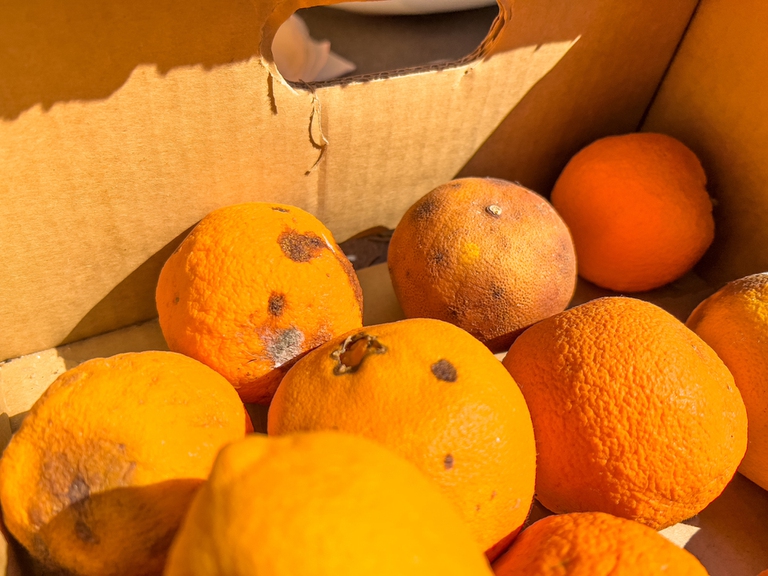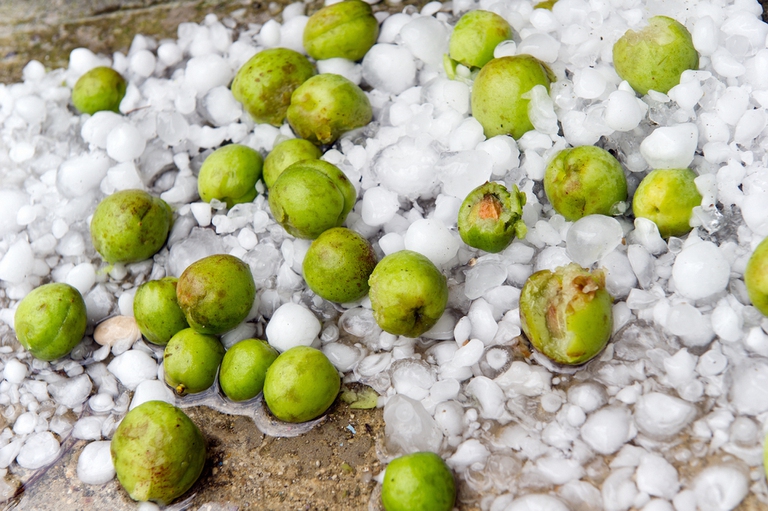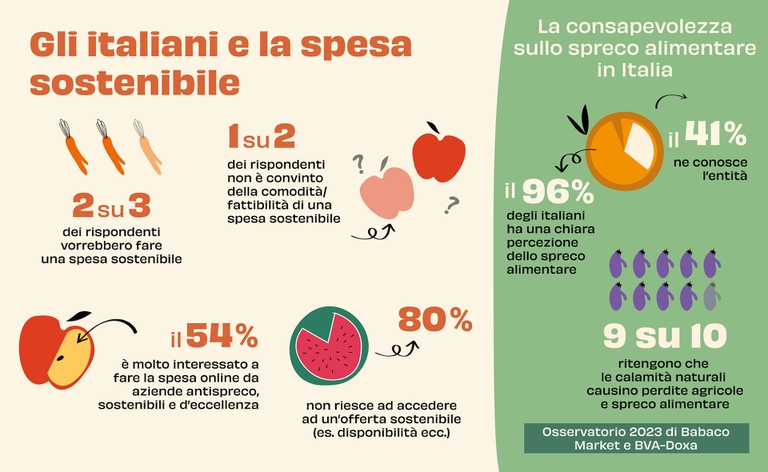https://www.lifegate.it/giornata-consapevolezza-perdite-sprechi-alimentari-2023
- |
- Food losses and waste concern, respectively, 13 percent and 17 percent of all food produced in the world.
- According to research, 96 percent of Italians are aware of this problem and two out of three Italians would like to spend more sustainably.
- In this regard, today it is possible to purchase fruit, vegetables and pantry products that are rejected by traditional sales channels because they are "defective".
While in 2022 between 691 and 783 million people worldwide have suffered from hunger, The 13 percent of the world's food is lost between harvest and arrival on the shelf, while a further 17 percent it is wasted at household level, in the restaurant sector and in retail.

THE'2030 Agenda for Sustainable Development has among its objectives the halving global food waste at the retail and consumer level and the reduction of food losses along production and supply chains.Achieving this goal plays a key role in the construction of sustainable food systems because it increases the availability of food and contributes to food safety.Furthermore, reducing food losses and waste also means reducing costs greenhouse gas emissions, protect the ecosystems and natural resources on which the future of food depends.
Food losses and waste:the awareness of Italians
To raise awareness among the world population on these issues, the September 29th of every year occurs the Food loss and waste awareness day announced by FAO and UNEP.On this occasion, Babaco Market, a subscription e-grocery service that delivers boxes of food products to your home which are rejected by traditional distribution channels due to aesthetic defects, questioned the degree of awareness of Italians on the topic.
Food losses and waste are the cause and consequence of the climate crisis
According to the data emerging from the observatory commissioned to Bva-Doxa, the 96 percent of those interviewed declare that they have a clear perception of waste and believe it is important to act as a community to stem the phenomenon, but only 41 percent know its real extent.The 77 percent of those interviewed are aware of the impact that food waste has in terms of greenhouse gas emissions that act on the global warming while, as underlined by Guido Vesconi of Doxa, a new element of the 2023 survey is that 9 out of 10 Italians are aware of how extreme weather events caused by climate changes compromise agricultural harvests by generating food losses.

Because in Italy food is wasted
The 78 percent of Italians say they pay a lot of attention and almost never throw away food, but the 57 percent declared that it had encountered at least one episode of domestic food waste in the last month.It is wasted due to lack of attention to expiration date or food spoilage (59 percent);for one inadequate conservation of products in stores (28 percent);for the tendency to buy too much food (16 percent) or in formats too large (16 percent) and, finally, for the habit of cooking excess food (14 percent).
Sustainable spending:“I would like but I can't”
As emerges from the observatory, 2 out of 3 Italians they would like to do one sustainable spending characterized by anti-waste products (39 percent), from excellence of the territory (28 percent), from products that respect the environment (24 percent) and i workers (9 percent).Currently, however, 1 Italian out of 2 does not find this possibility feasible through the usual channels:among the main obstacles, the extra time and effort required (75 percent), the availability of sales points, the location of shops, the modification of one's habits.

A practical opportunity for a valuable expense
Babaco Market presents itself as a practical opportunity for more sustainable spending for all those who want to change their habits in favor of protecting the environment and society. “We were born with the idea of contributing to solving a gigantic problem, that of waste,” he explained Francesco Giberti, CEO and founder of Babaco Market.“We decided to start from agricultural production where illogical market logic causes an enormous loss:In fact, a lot of fruit and vegetables are rejected by traditional distribution channels because, although good, they do not correspond to the required aesthetic standards, from the homogeneity of the peel to the size.Considering everything this unacceptable waste of food and work, in three years we managed to start collaborations with a hundred producers throughout Italy, we managed to deliver to a thousand municipalities and we saved 1,800 tons of fruit and vegetables".
]
From fruit and vegetables to pantry products, how Babaco Market works
By subscribing to the service you will receive at home a box of “ugly but good” fruit and vegetables.You can choose the size and delivery frequency, but not the contents of the box:“We don't give the possibility to compose the box because we don't know a priori what we will recover and because our mission is also to promote varied diets that respect the seasonality of foods".For some time, however, there has been the possibility of excluding three unwanted products and - the latest innovation - to also add to the box pantry products “The Shop” such as cereals, juices, oil, beer, legumes, handkerchiefs, soap. These are selected based on three pillars of values: waste reduction (therefore food products created thanks to circular economy projects, close to their expiry date or with some packaging defects); respect for the environment and people (selection of foods coming only from sustainable supply chains and from companies that deal with reintegrating people in difficulty into society) and search for the excellence of the Italian territory (fruit and vegetables and ingredients marked by Slow Food, Igp and Pat principals).
Through a qr code present on the box you can access information regarding the product and why it was placed in the box. Babaco is also committed to donate the unsold or to use it in projects circular economy like the Biova Lemon beer, made with 200 kg of lemons with damaged peel.
